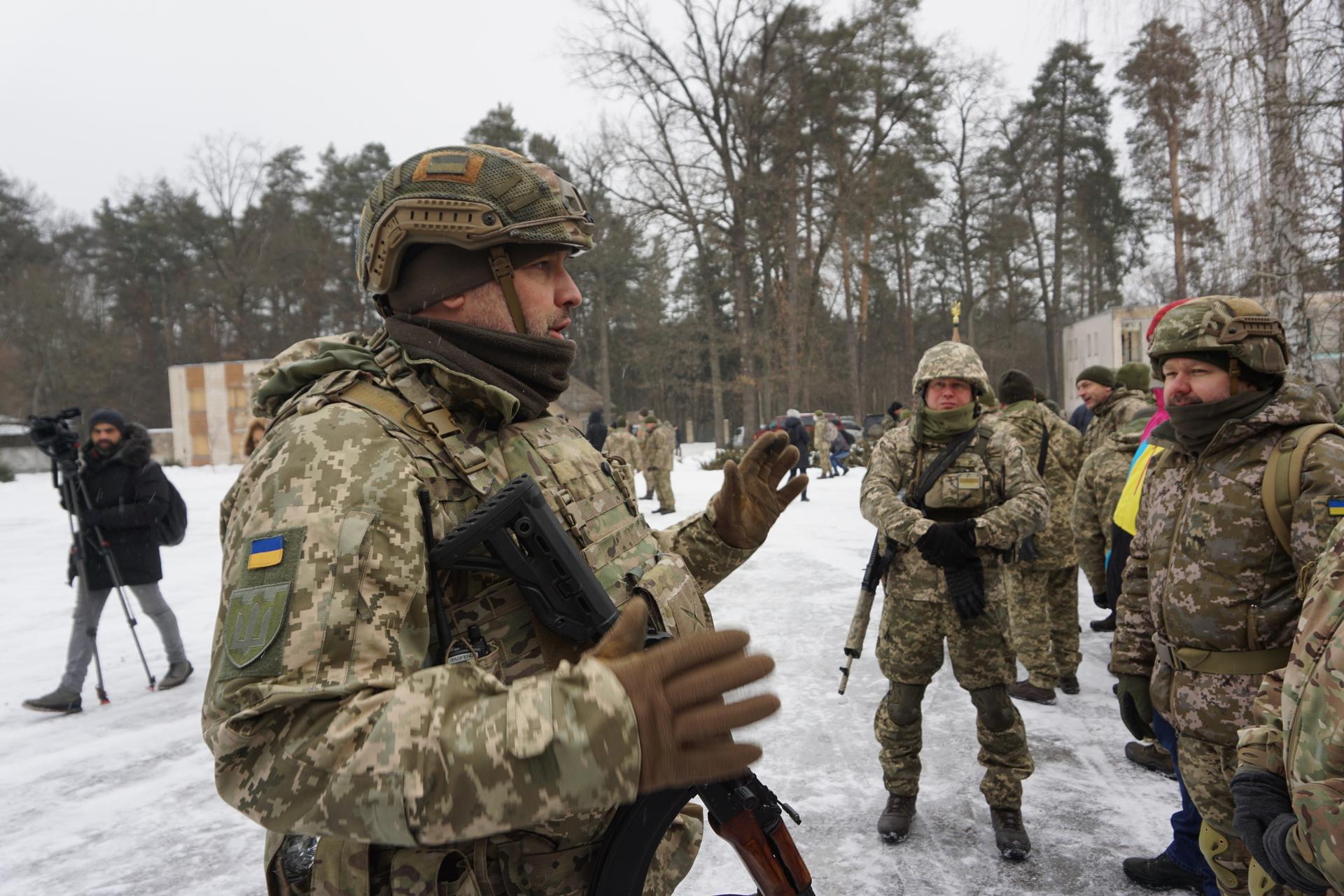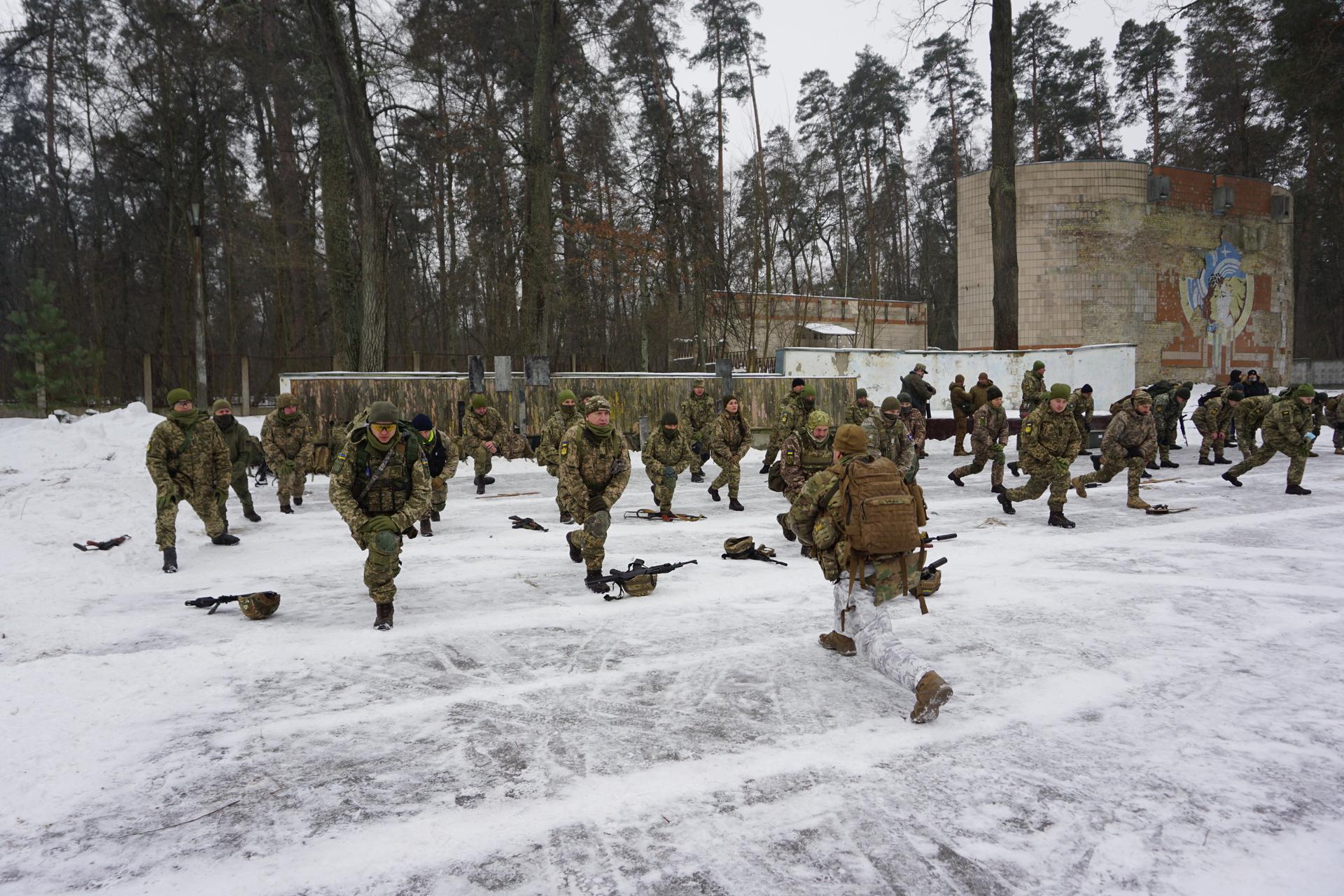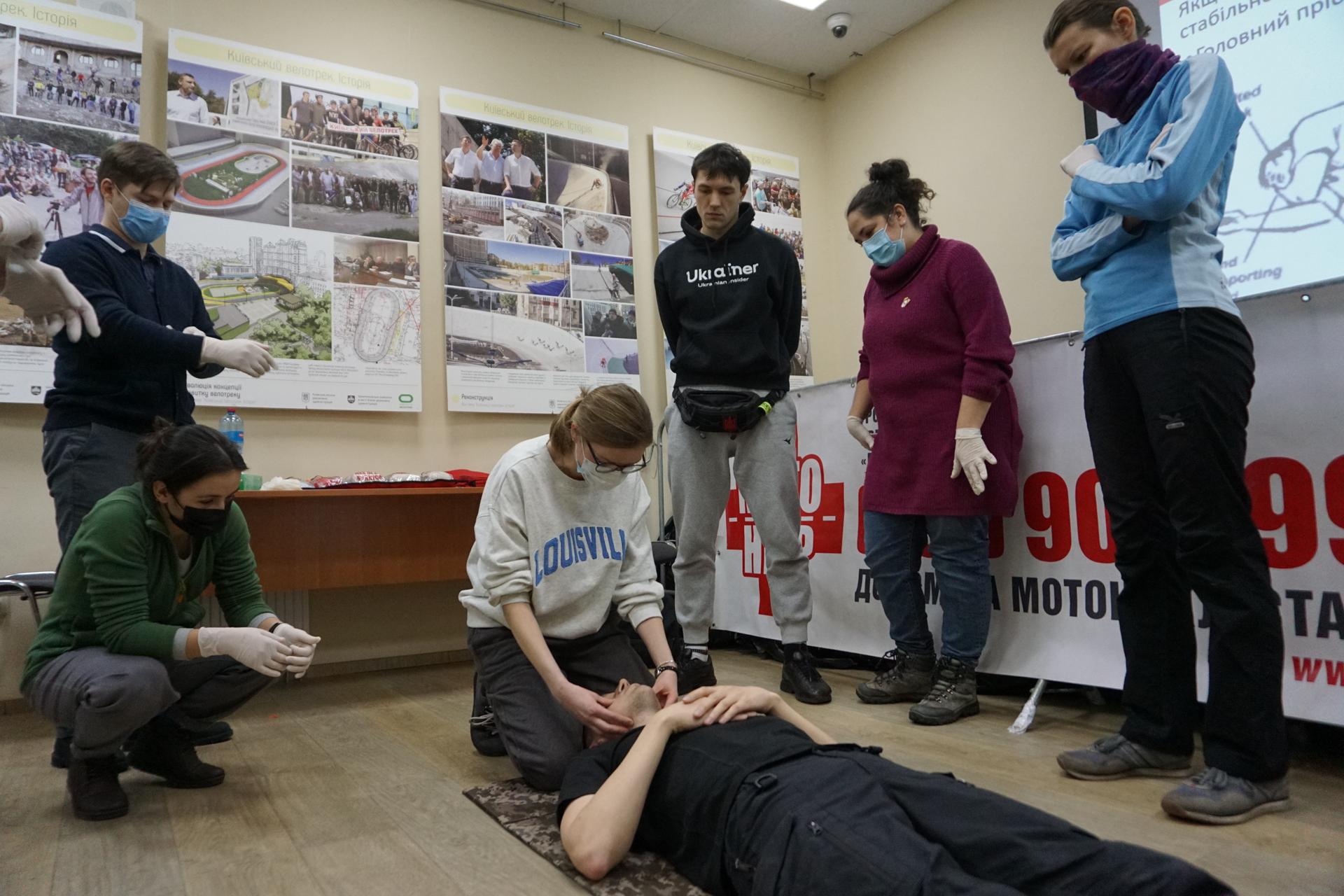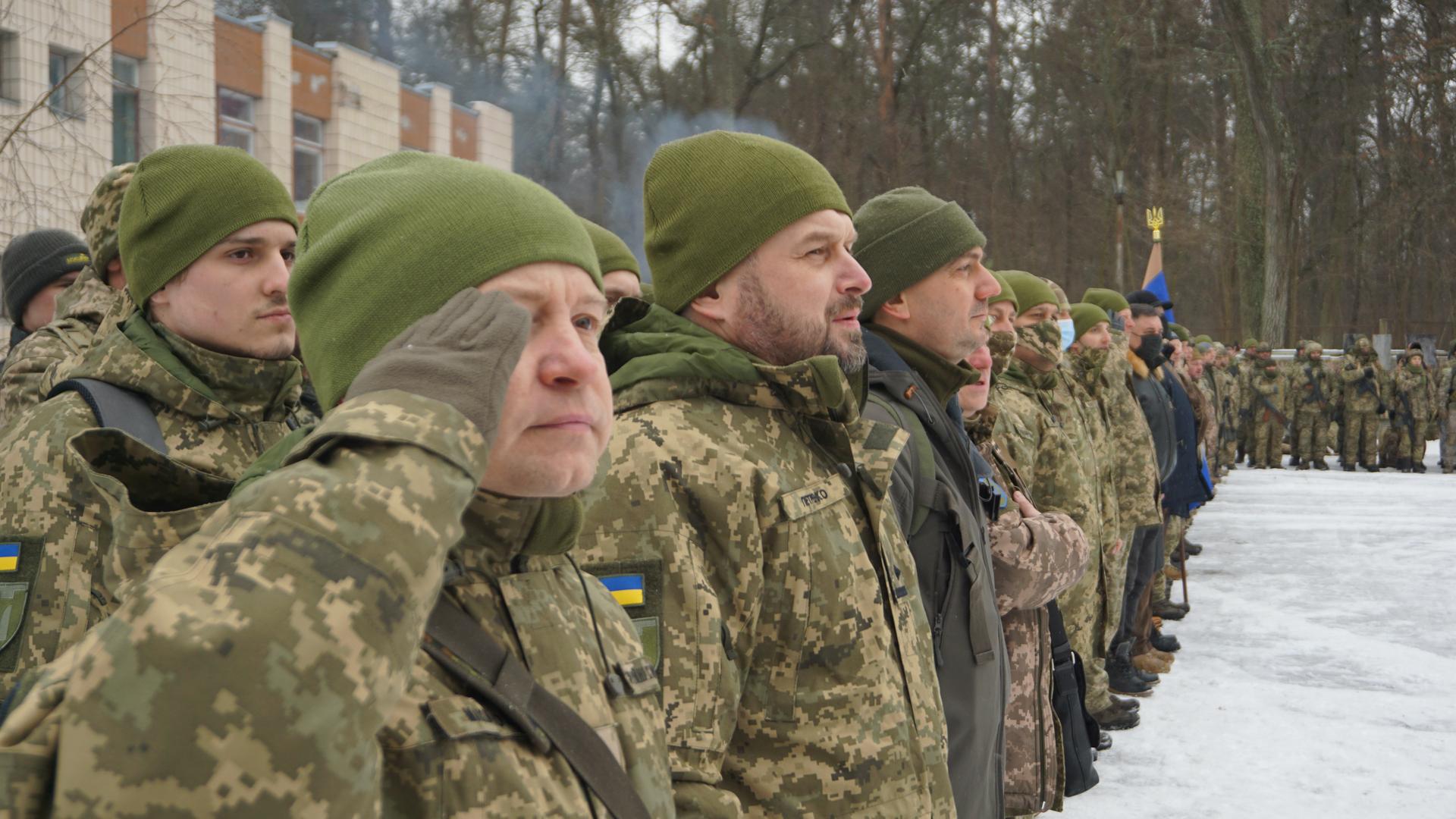Large-scale military exercises commenced on Thursday in Belarus, with at least 30,000 Russian troops taking part, according to Western officials.
The Kremlin has sent additional war ships to the Black Sea, while the number of Russian troops deployed near the border with Ukraine is at around 100,000 and climbing.
Related: Russia has been at war with Ukraine for years — in cyberspace
Ukrainian President Volodymyr Zelenskiy has downplayed the threat of war, claiming it has been hyped by the media. But the mayor of Kyiv, Vitali Klitschko, has let people know that, if necessary, they can seek refuge in one of hundreds of bomb shelters throughout the city of nearly 3 million people.
“We have published information about where bomb shelters are located throughout the city. The subway system can also be used as a bomb shelter if, God forbid, there’s an invasion.”
“We have published information about where bomb shelters are located throughout the city. The subway system can also be used as a bomb shelter if, God forbid, there’s an invasion,” he said in an interview with Current Time television network on Tuesday.
Related: Ukraine says it’s ramping up its cyberdefense in light of Russian attacks
Kyiv does not look like a city on the verge of war — cafés are open, bars are buzzing and there’s a sense of calm. But beneath the surface, there’s also a feeling that things could change for the worse very quickly — and people are preparing in different ways.
Some are fleeing the country, while others are trying to stay focused on continuing to just live their lives. And still others are looking to join the fight as best they can.
On the outskirts of Kyiv in a forested area — between the capital and its international airport — something called “territorial defense training” is underway, where civilian volunteers learn how to be soldiers.
On one particular day, the training was led by reservist officers — volunteers associated with the military — and about 150 people lined up in a frigid open field. Most wore camouflage, helmets and other military gear.

They began in the morning with the national anthem before breaking off into smaller units and warming up with some stretches.
Then, everybody got replica rifles or wooden cutouts in the shape of rifles.
Each officer led his unit in a skills-training session. Volunteers practiced how to move from one firing position to the next and crawled in the snow, shifting their bodies from left to right.
Ivan, an instructor who didn’t want his full name used, said that anyone is welcome to join the training: “We are happy to accept anyone who wants to defend the country.”
Ivan, whose regular job is in IT, said that people don’t want to fight Russia but they will if they have to.

“I think that [it’s] natural for people in our country to help protect their land, so, not only those who are military staff, [others are also] going to defend,” he said. “We need to join to be organized, to be trained and we can help if that’s needed.”
“I think that [it’s] natural for people in our country to help protect their land, so, not only those who are military staff, [others are also] going to defend,” he said. “We need to join to be organized, to be trained and we can help if that’s needed.”
Related: Tensions along Ukraine’s border remain high. Military veterans there say they’re ready for anything.
Others are turning to less militaristic training.
Ksenia Kharchenko, a mother who lives in Kyiv, is taking first-aid and CPR classes.

“Yes, this is stressing me out,” she said. “I have been discussing with my girlfriends, they are getting prepared, they also have kids and so on. People are really afraid, they are like packing backpacks and [everything].”
Ksenia said that she’s been through some tough times in Ukraine — and that living under constant threat takes a toll.
“We are angry, we are preparing and we are getting [ready] as much as we can,” she said.
Volodymyr Solohub contributed to this report. Anna Pratt edited this digital story.
The World is an independent newsroom. We’re not funded by billionaires; instead, we rely on readers and listeners like you. As a listener, you’re a crucial part of our team and our global community. Your support is vital to running our nonprofit newsroom, and we can’t do this work without you. Will you support The World with a gift today? Donations made between now and Dec. 31 will be matched 1:1. Thanks for investing in our work!
